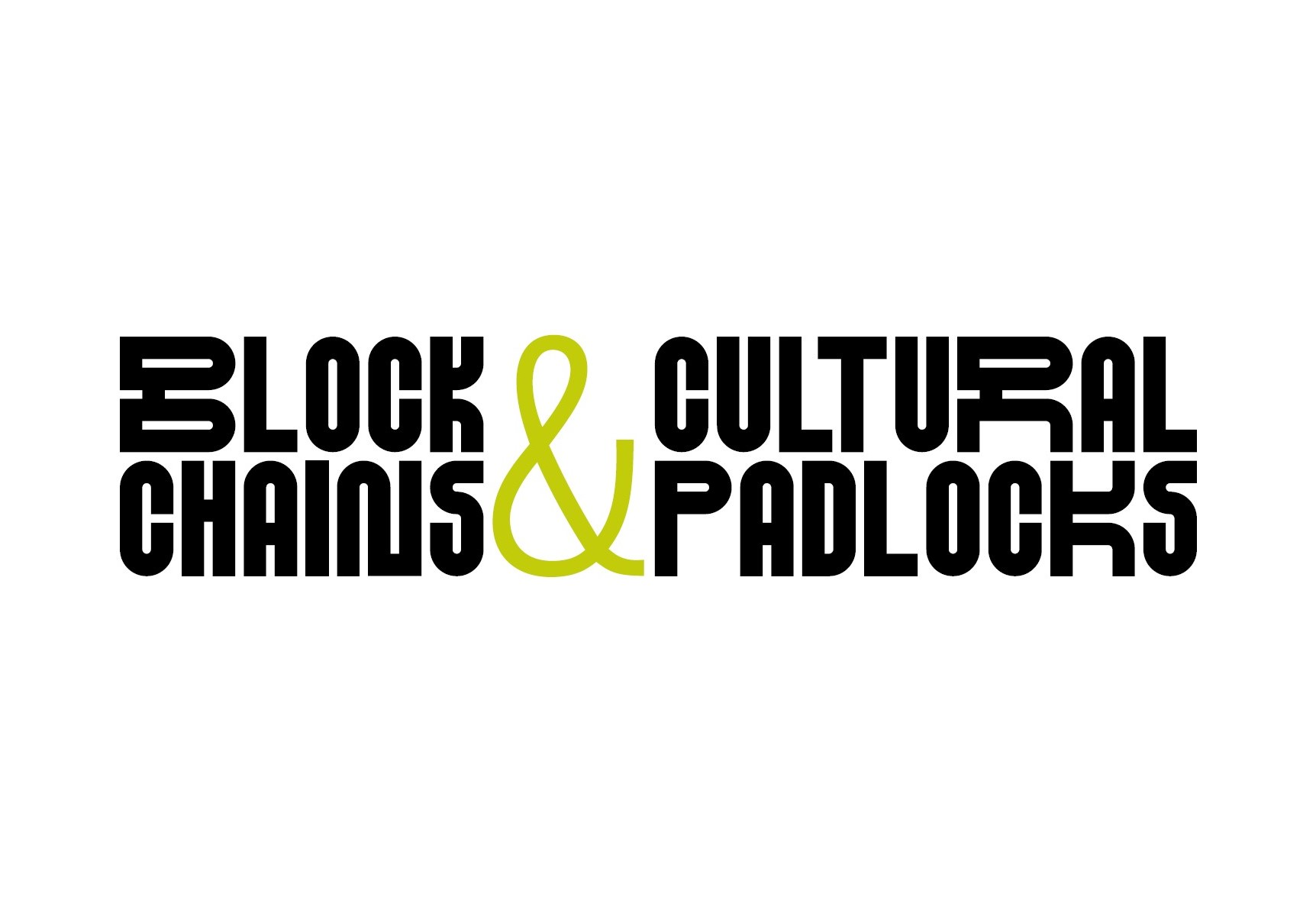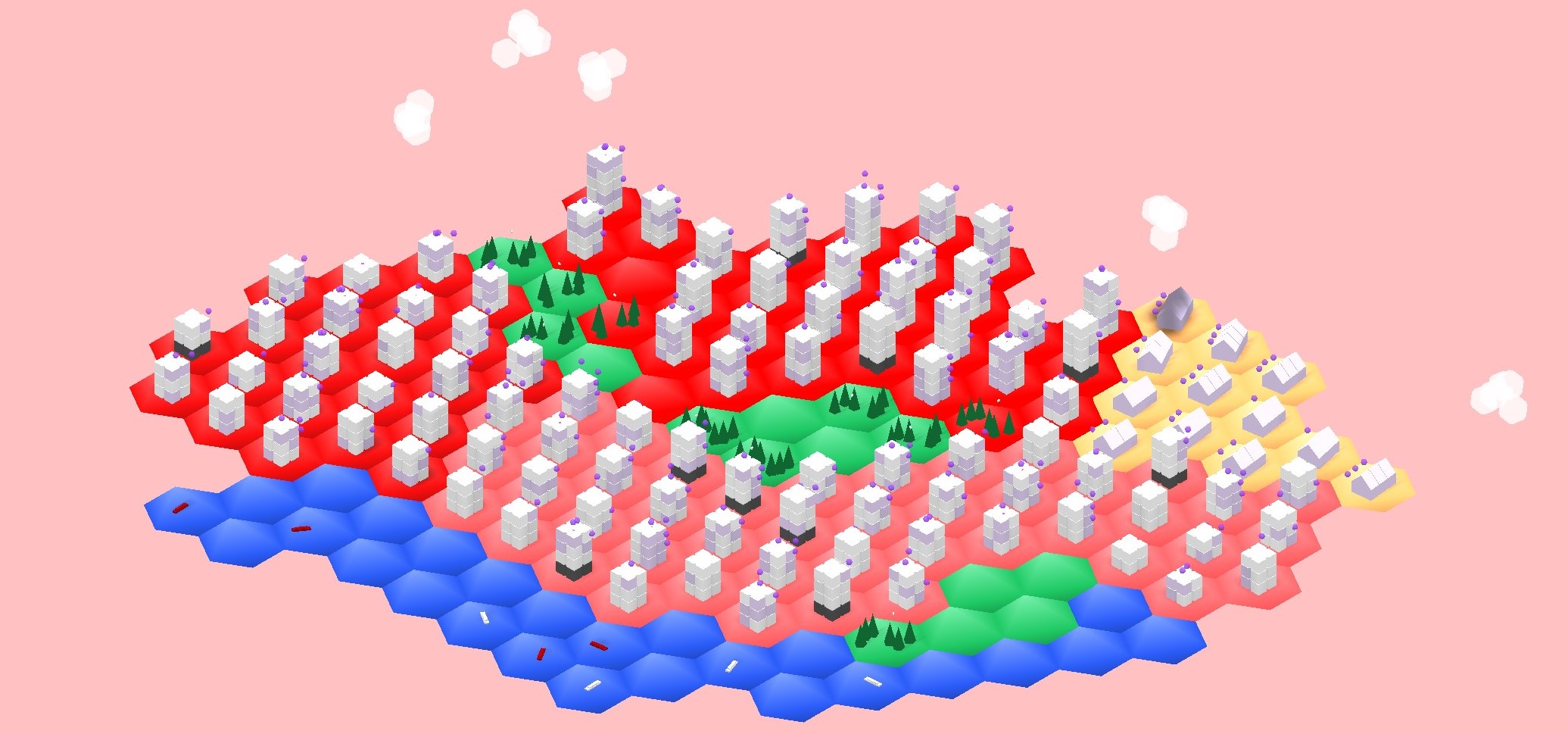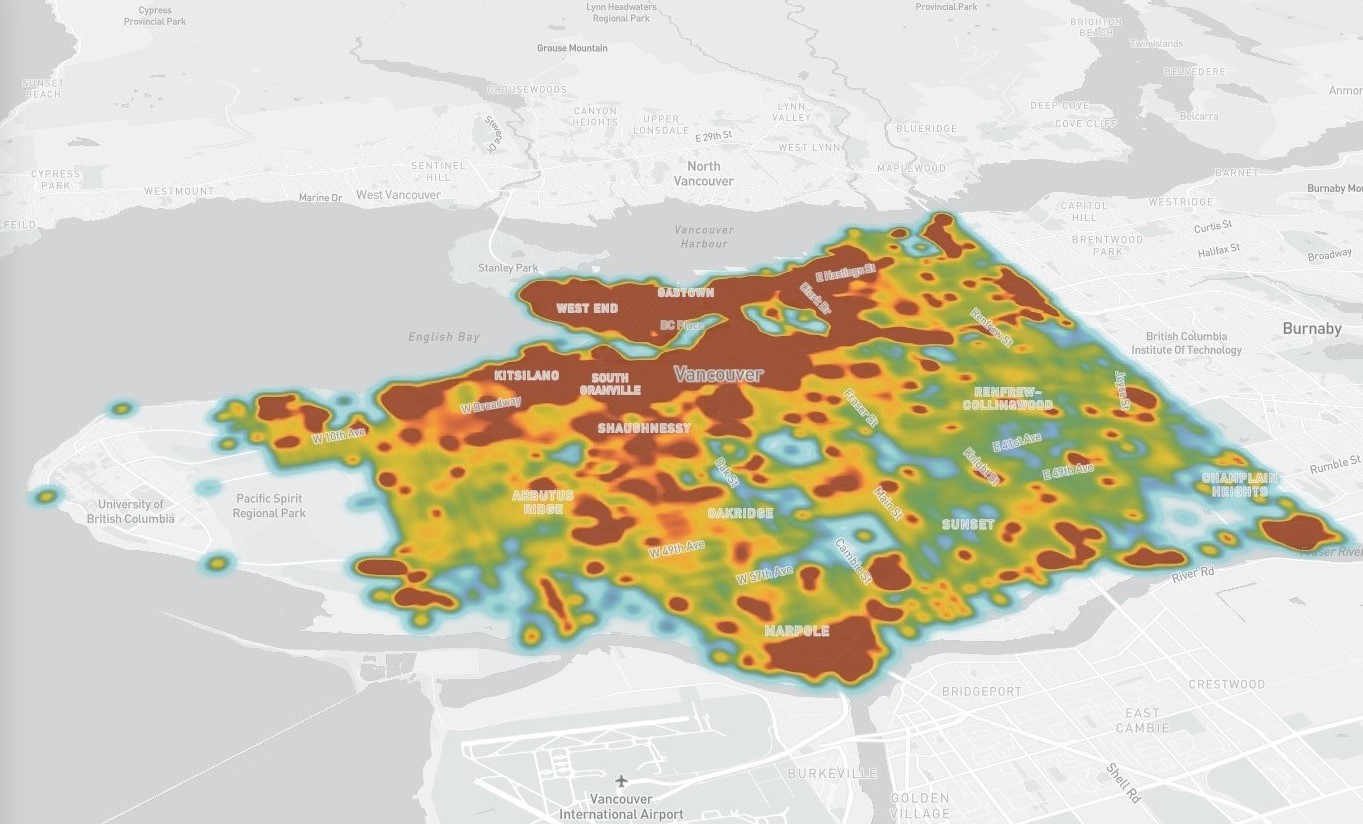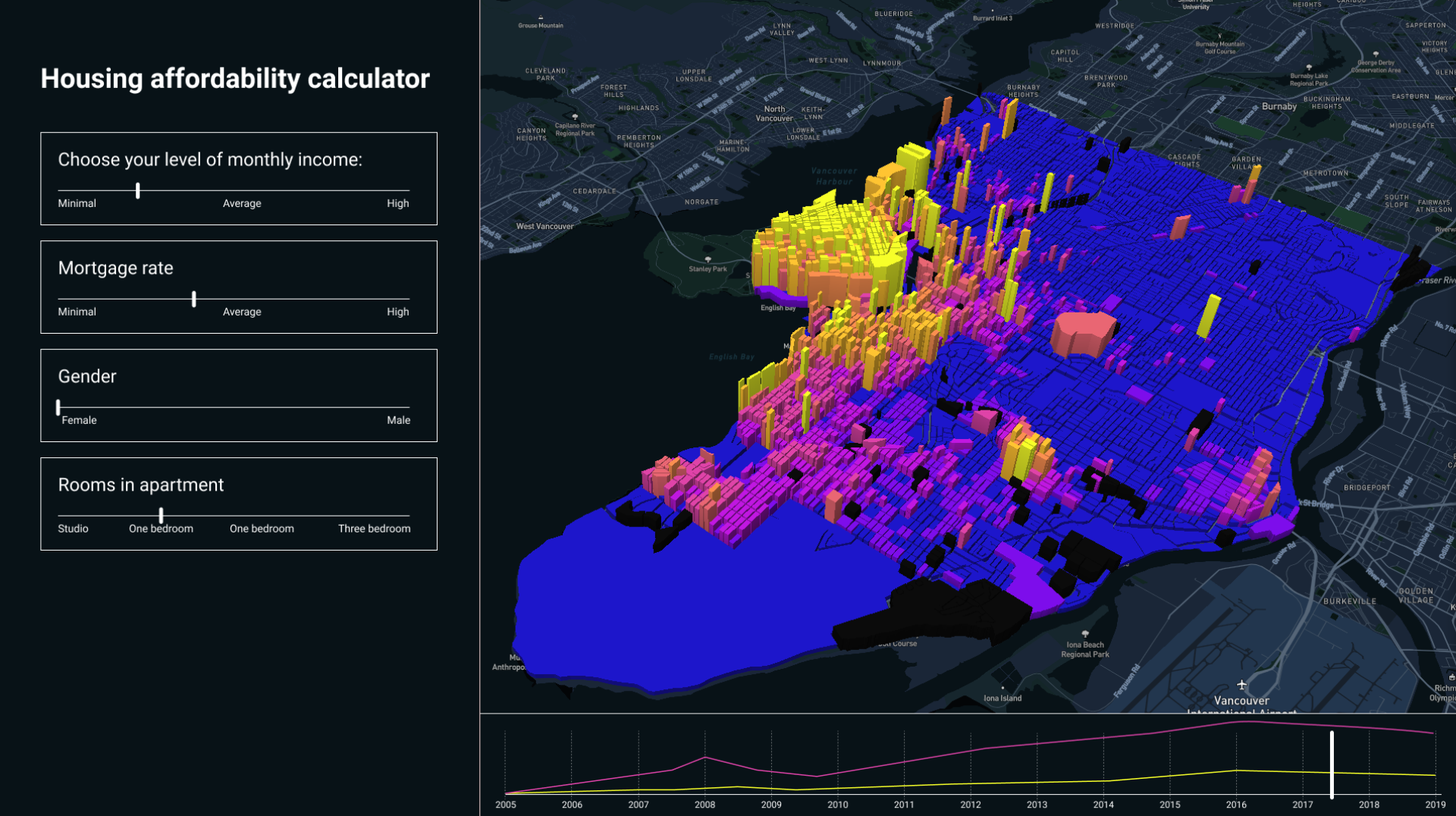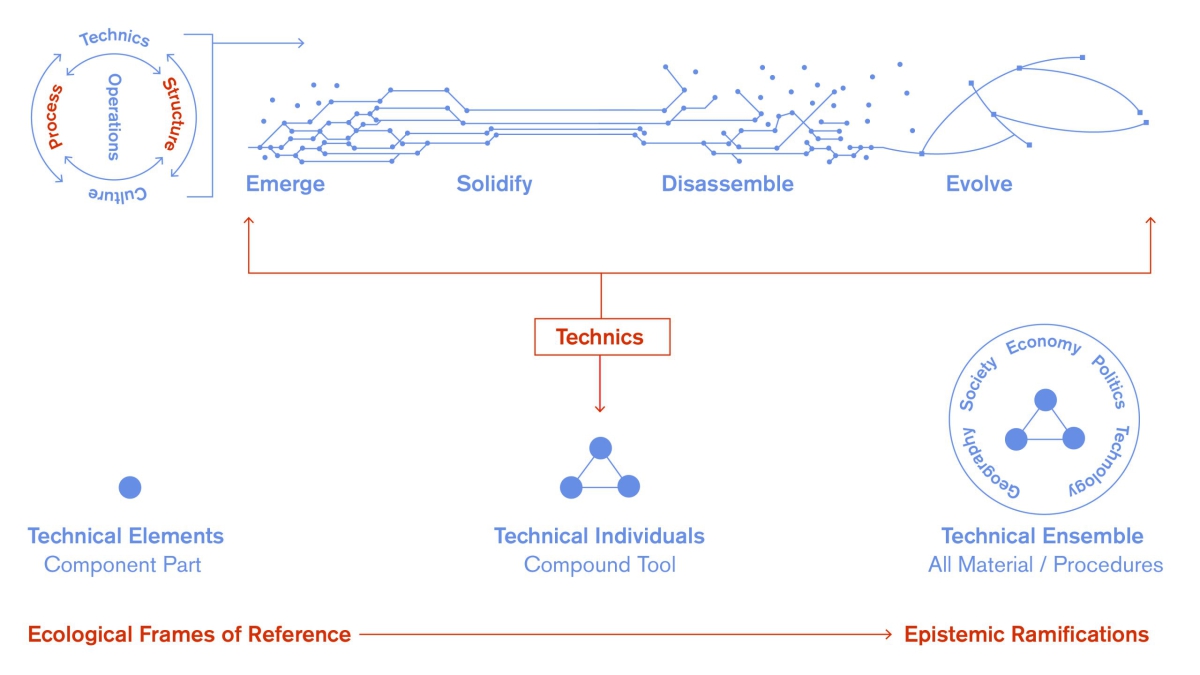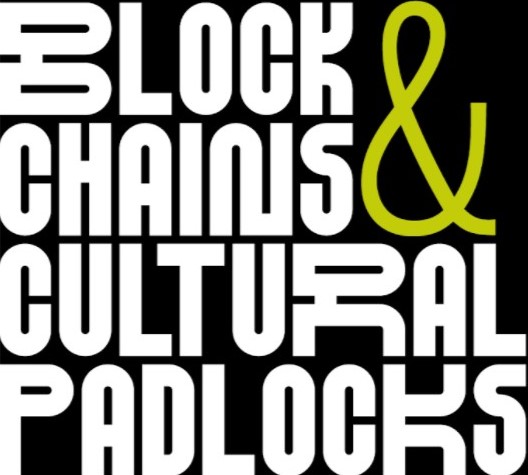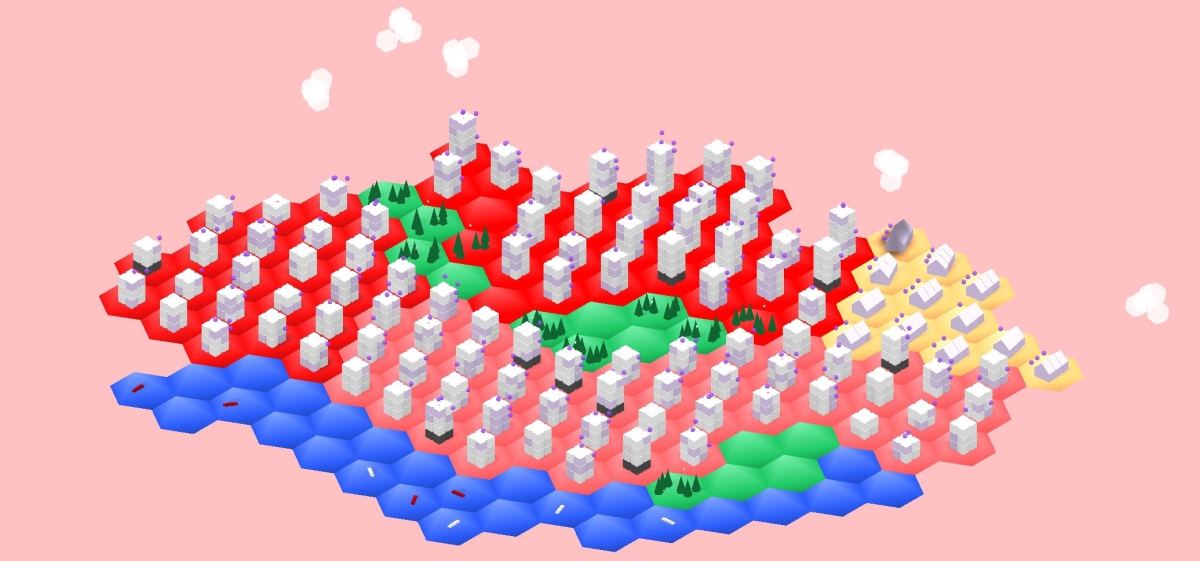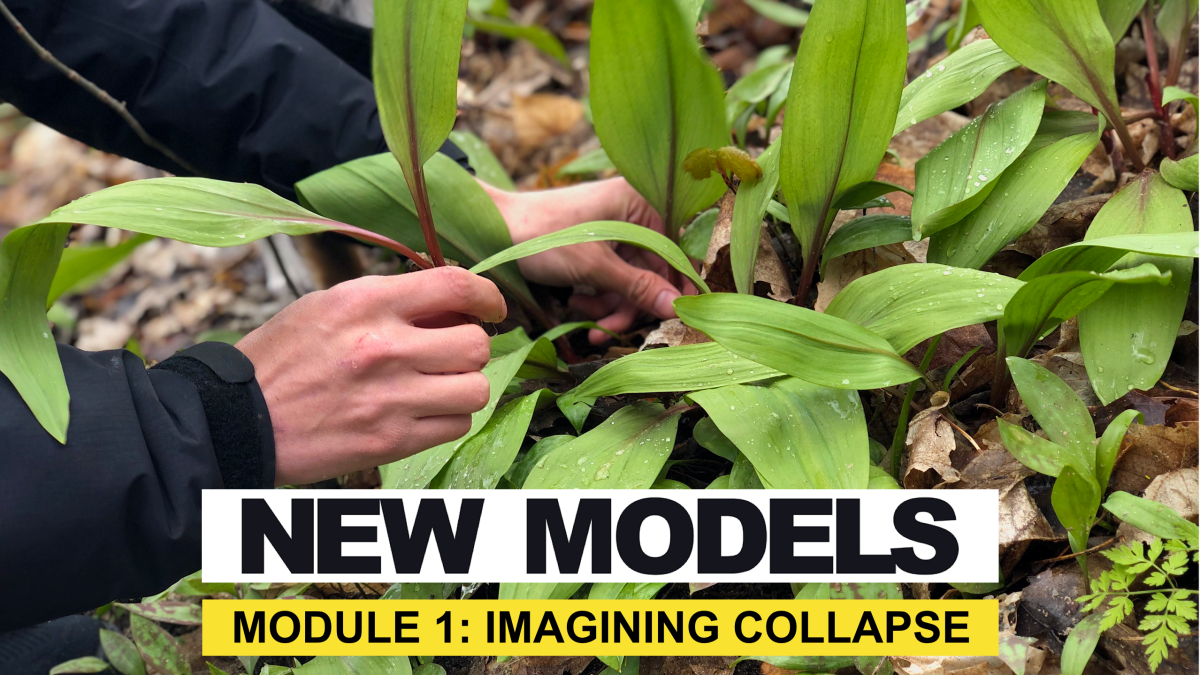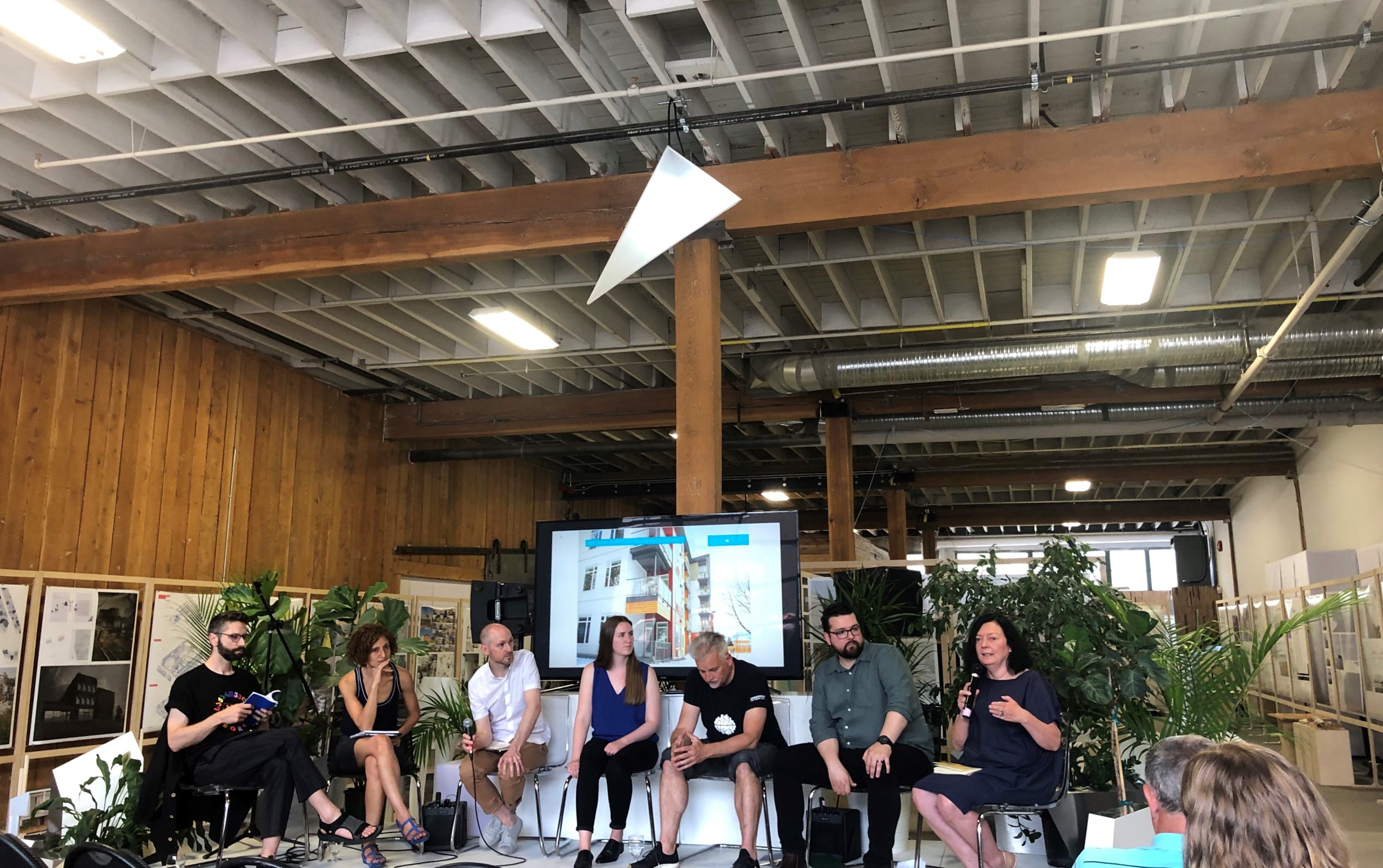For Blockchains & Cultural Padlocks DOMA travels to Vancouver to meet with the research cluster, host a Multi-Stakeholder Workshop on June 8 in Partnerships with Emily Carr University, as well as take part in the Blockchain@UBC Annual Conference on June 10, and participates in a Researchers Roundtable with a forthcoming publication (Springer).
Alternative Financial Architecture for Housing

DOMA aims to redistribute the economic profits in a fairer way, resulting from the processes of urban regeneration – so that both the original and the new population of a given neighborhood can benefit from it. In this sense, DOMA can also serve as a strategic tool for the conservation of social, ethnic, and architectural diversity within a given neighbourhood: that diversity, which often constitutes the very trigger of the renewed attention and subsequent urban changes that the area is undergoing, being itself recognized and treated as an urban value.
Operating as a non-profit community development corporation, DOMA continually accumulates existing housing in city centers that provide a positive correlation between the purchase price and rental rate. The network is able to accrue value by capitalizing on this relationship and through the absorbing of costs such as mortgage interest, insurance, and transfer fees.
The platform’s users are token holders, like shareholders, they increase their stock in a housing co-op and pay monthly dues equivalent to market rate for ownership in the network rather than in a stationary inhabited unit. This allows for movement between network-owned units, providing flexibility with stability. In addition to rights of occupancy contingent on dues, users maintain voting rights, a data co-op and developer status in a peer-to-peer marketplace, through which they can provide and receive in-home services and goods, utilizing positive equity balance as credit.
Blockchains & Cultural Padlocks
A four-year digital strategy initiative by 221A that drives research and engages civil society with the challenge of developing a digitally cooperative culture through the advancement of blockchain technologies across cultural, educational and non-profit sectors. The values-led Blockchains & Cultural Padlocks digital strategy works towards recommoning land, data and objects.
